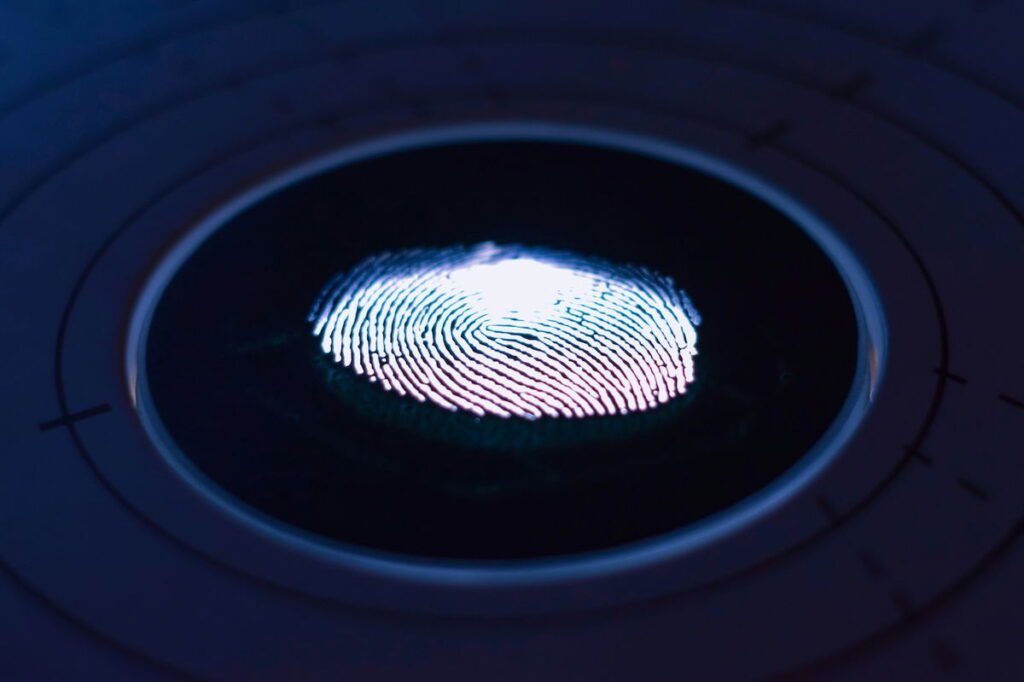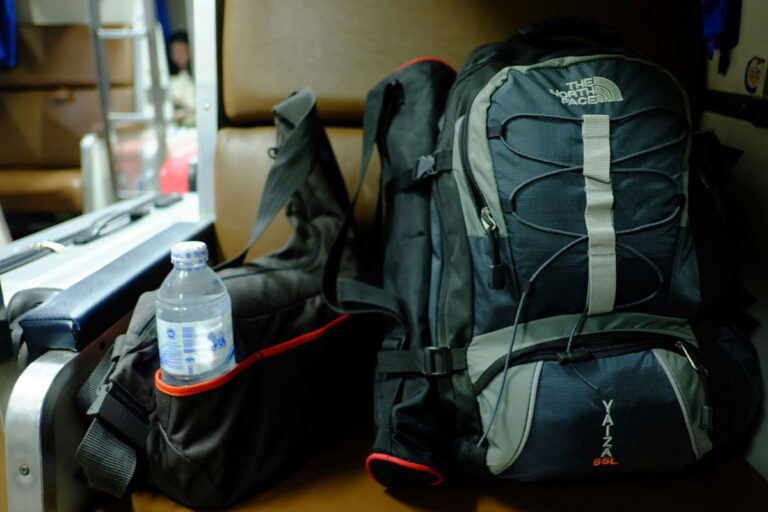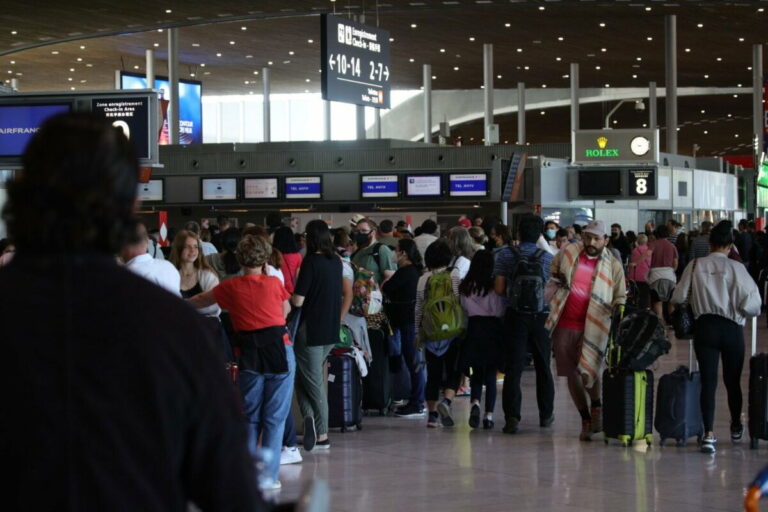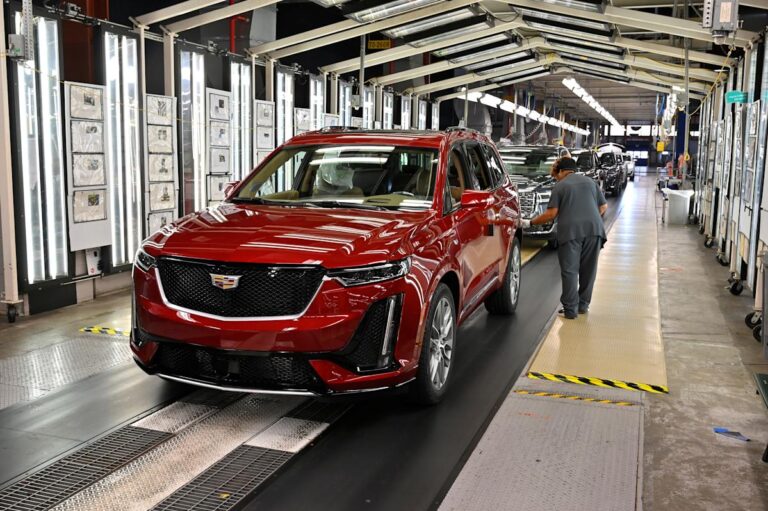
Yes, you read that right. From November, every UK citizen driving into the EU will be hauled out of their car to be scanned, stamped and snapped thanks to a bungled biometric rollout that’s anything but seamless.
‘Hands off your passport — we’ll need your fingerprints instead’
The Port of Dover, already Britain’s busiest border post, is preparing for a Brexodus bottleneck of epic proportions. “It’ll be business as usual this summer,” Port boss Doug Bannister promised in a Guardian interview — before admitting a “big change” is coming in November.
Because the EU’s high-tech biometric app isn’t ready yet — passengers entering Schengen countries will need to exit their vehicles and have their identity manually verified with fingerprints and mugshots. And no, once isn’t enough. On every trip, your prints will be checked again.
Advanced Passport Control: Buses sealed and AI on patrol
To keep traffic flowing, Dover’s turning into something out of Black Mirror. A virtual frontier system has been created 1.4 miles away from the actual ferry terminal. Passengers will be processed on a massive patch of reclaimed land topped with golden sand — a sort of Beachfront Brexit Borderland.
Coaches will be tape-sealed shut after checks, driven across town, and watched by AI and number plate recognition. It’s a high-tech workaround with low public confidence.
“We needed to cater for a carload of four people on a large, stormy night,” Bannister explained. “We couldn’t have people exit their vehicles in the ferry queues. That would be dangerous.”
Still, Bannister claims the whole thing will add only six minutes to each car’s journey — though critics suspect that’s the speed of wishful thinking, not the reality of 10,000 trucks and confused tourists clogging the port every day.
From bitter splits to sweet deals: the EU quietly retires ‘no cherry-picking’
Meanwhile in Brussels, a decade-old mantra has been unceremoniously shelved. The infamous “no cherry-picking” line — once hurled like a custard pie at every British PM post-Brexit — is now officially off the menu.
“This is not about cherry-picking or not cherry-picking,” said Pedro Serrano, the EU’s ambassador to London, on May 27. “That rhetoric is no longer helpful.” Translation? We’re all friends again — sort of.
This diplomatic detox comes after the UK and EU agreed to start negotiating on food exports, electricity trading, law enforcement, and even youth visas. The press may have trumpeted it as a done deal, but truth be told, it’s more of a Brexit to-do list than a treaty.
Still, officials are hopeful. By this time next year, Serrano said, “we will have implemented a number of decisions,” including new agreements on food safety rules (SPS), energy, fishing, and possibly even UK access to the EU’s €150 billion SAFE defence fund. You might call it Operation Cherry Revival.
So… are we back in the EU?
Not quite. But the cherries are back, the finger-scanners are warming up, and the Brexit cold war is finally thawing into something a little more… tepid.
With £144 billion in trade flowing across the Channel each year, both sides have a lot to lose — and perhaps just enough to gain — if they can keep the rhetoric down and the ferries moving.
Until then, British holidaymakers may need to swap suncream for patience. And maybe a fingerprint wipe.
Stay tuned to the Euro Weekly News for more fresh UK news.
More travel news.







